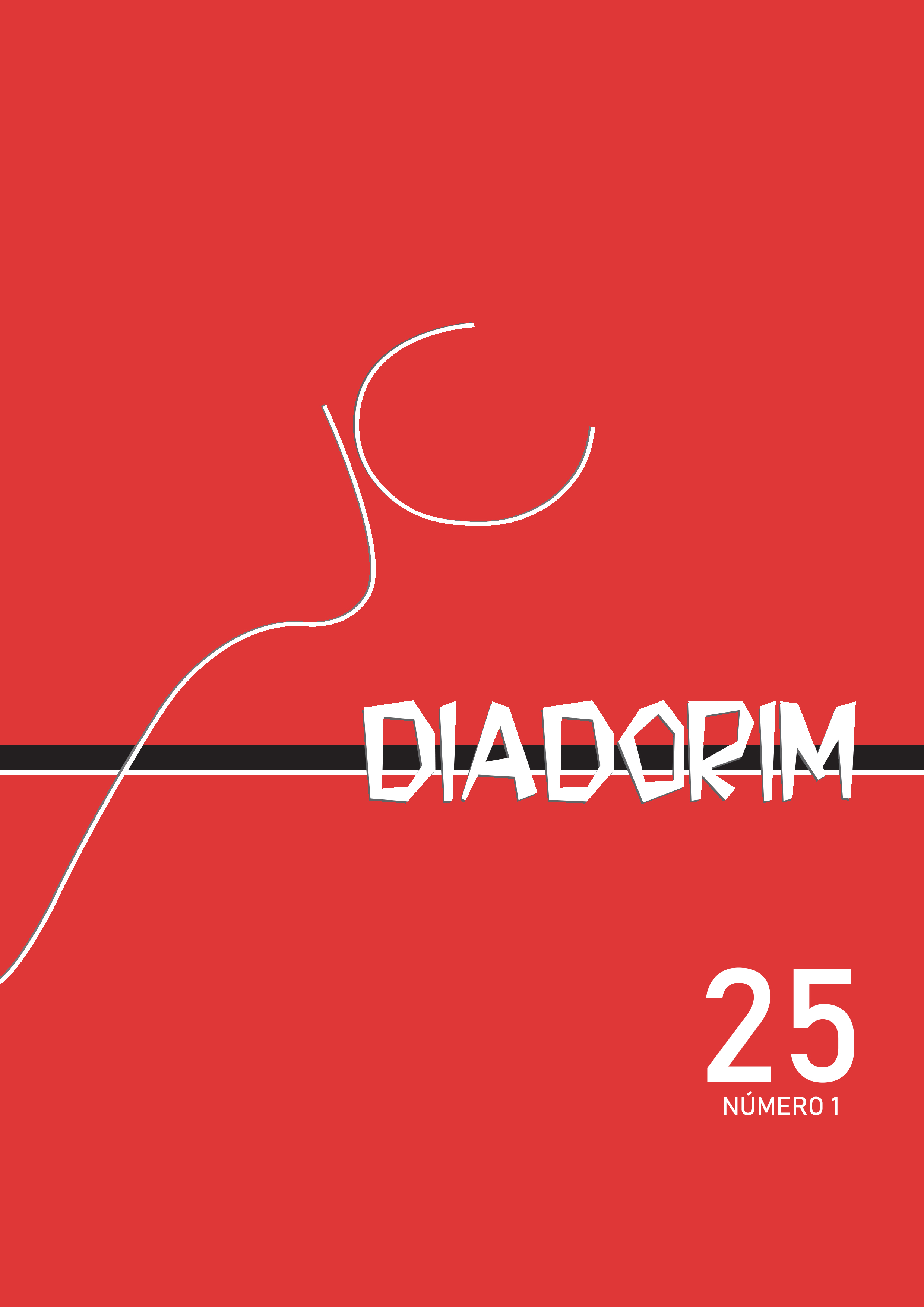(Socio) Linguistic Knowledge of Portuguese Language Teachers in High School: An Entnographic-collaborative Study
DOI:
https://doi.org/10.35520/diadorim.2023.v25n1a61971Abstract
In the perspective of Educational Sociolinguistics, it is understood that the (socio)linguistic knowledge of Portuguese language teachers implemented in their different actions, conceptions and pedagogical practices can contribute to better linguistic performance of students or suppress it. Therefore, the objective of this study is to analyze, through Collaborative Ethnography, how teachers understand the (socio)linguistic knowledge they use in the classroom and how such knowledge can expand the communicative competence of high school students. The work was based on studies by Bortoni-Ricardo (2005, 2008, 2017), Hymes (1972a, 1972b,), Faraco (2008, 2015), Erickson (1988, 1990), Gumperz (1982), Magalhães (2011) , Costa (2016), Vieira (2017) and others. This work is part of our doctoral research, whose methodology is qualitative in nature, of the Collaborative Ethnography type, based on Sociolinguistic theories. Among other results, it was observed, through collaborative ethnography, that developing students’ communicative competence demands much more from teachers than mastering a set of technical and conceptual knowledge, requiring, above all, awareness and conviction of what to do with the knowledge they have, to define the extent to which they constitute a possibility of achieving certain objectives. The research results also allowed us to understand that teaching (socio)linguistic knowledge is inseparable from the social, historical and cultural contexts in which it was produced, as it is in these contexts that the conditions for the construction of this knowledge, typologically identified, are promoted, considering the basic theoretical approach adopted, namely: knowledge required by the school system and culture, strategic and interactional knowledge and conceptual and experiential knowledge.
Downloads
Published
Issue
Section
License

This work is licensed under a Creative Commons Attribution-NonCommercial 4.0 International License.
Copyright transfer -- Authorization to publication
If the submitted article is approved for publication, it is already agreed that the author authorizes UFRJ to reproduce it and publish it in Diadorim: revista de estudos linguísticos e literários, the terms "reproduction" and "publication" being understood as defined respectively by items VI and I of article 5 of Law 9610/98. The article can be accessed both by the World Wide Web (WWW) and by the printed version, with free consultation and reproduction of a copy of the article for the own use of those who consult. This authorization of publication is not limited in time, and UFRJ is responsible for maintaining the identification of the author of the article.

The journal Diadorim: revista de estudos linguísticos e literários is licensed under a Creative Commons Attribuition-NonCommercial 4.0 International (CC BY-NC 4.0).

